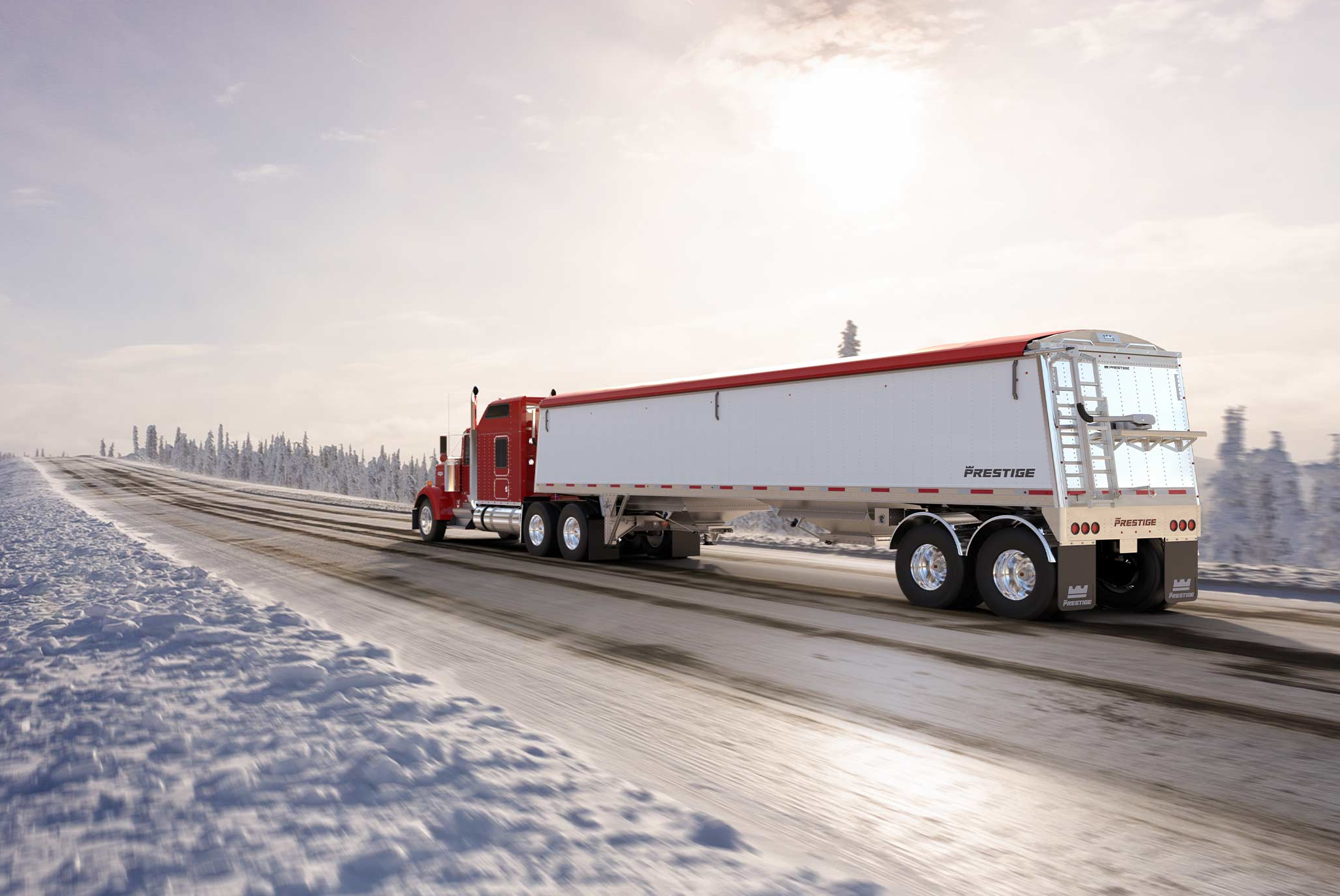Trailer Interchange vs Non-Owned Trailer. The basic differences between the 2 coverages.

With the combination of the on going trailer shortage and the appeal of less start up costs many of us are turning to power only operations. While this can be a very successful business plan there are some serious considerations when it comes to insuring the variety of trailers we pull as a power only operation. If we get it wrong neither us nor our customers who own the trailers will be happy. In fact it can financially cripple us and potentially put us out of business.
This is the most important take away from my article. Every insurance company has differing policy and claim rules when it comes to trailer interchange and non-owned trailer coverages. Likewise every customer or truck broker has differing insurance requirements to do business with them. It is imperative you consult with your insurance agent and disclose to your agent the exact nature of your business agreement with ALL your customers and truck brokers who you do power only for. Only then can your agent assist you in securing the correct trailer coverage to meet your insurance needs.
It’s important that we understand the differences between trailer interchange and non-owned trailer coverages. Trailer interchange coverage was created and offered to truck owners as a method to insure trailers that were owned by a single company/customer that the truck owner hauled loads for. Non-owned trailer coverage was created and offered to truck owners as a method to insure a specific trailer class or type and for pulling those trailers for multiple and different trailer owners. Those 2 basic differences are the starting point for understanding which coverage is the best choice for our power only operation or in some cases the necessity of having both coverages. Deductibles do apply for both of these coverages.
Trailer Interchange
To purchase or add trailer interchange coverage most insurance companies require that they be provided a copy of the trailer interchange agreement between us the truck owners and our customer or truck broker. Additionally insurance companies will require us to disclose the type or types of trailers we will be pulling such as vans, reefers and flat beds. Very important note – each insurance company is different as to when they receive the trailer interchange agreement. Some are before they allow you to purchase the coverage while others are if/when you file a claim. Some insurance companies require both. If you are not able to produce a valid trailer interchange agreement coverage (a claim) can be denied!
Non-owned Trailer
Adding or purchasing non-owned trailer coverage is a much easier process. However it too has very specific details we need to address. Every insurance company is different when it comes to non-owned trailer coverage. Just like trailer interchange insurance companies will require us to disclose the type or types of trailers we will be pulling such as vans, reefers and flat beds. Some insurance companies will exclude certain types of specialty trailers like carnival rides, industrial mobile generators, extendable trailers for over length loads, etc. All insurance companies will require us to disclose the maximum value of the non-owned trailers we pull. That amount is the limit of coverage.
Scenario 1: If we purchase non-owned trailer coverage for van trailers only with a value of $40,000.00, that amount is the limit of our coverage for a van trailer we pull. If we happen to pull a reefer trailer and have a claim the claim can be denied because it’s a reefer trailer and not a van trailer.
Scenario 2: If we purchase non-owned trailer coverage for vans, reefers and flat beds with a value of $40,000.00, that amount is the limit of our coverage for any of those types of trailers. If we happen to pull a reefer trailer and have a claim for $90,000.00 the claim will be paid up to the limit of the policy of $40,000.00. We are then liable for the unpaid amount of the claim of $50,000.00.
Deductibles do apply in both scenarios.
In some cases it may be necessary for us to have both trailer interchange and non-owned trailer coverage. This usually happens when when we pull trailers for multiple customers and one of our customers requires trailer interchange coverage for the trailers they own while the other customer we have will only accept non-owned trailer coverage. Without going to deep in the weeds it mostly has to do with who owns the trailer. When a broker gives us a power only load they most frequently only ask for non-owned trailer coverage because most brokers don’t own the trailers we pull for them. However when a direct customer who owns the trailers gives us a power only load they will sometimes require trailer interchange expecting us to pull their trailers on a regular if not dedicated basis.
Insuring a trailer using either trailer interchange or non-owned trailer coverage is traditionally a higher premium than insuring a trailer we own. When assessing a power only opportunity with a customer or truck broker it is best to request a quote from your insurance agent so you can properly estimate your profitability. If that is not an option I recommend estimating high. If your van trailer with a value of $30,000.00 has physical damage coverage (comp. & collision) that costs you $1,500.00 in premiums a year then expect your trailer interchange or non-owned trailer coverage to cost an additional $2,500.00 to $3,000.00 in premiums. Then if your quote comes in lower to add trailer interchange or non-owned trailer coverage it’s a pleasant surprise that means better profits for you.
This is a very telling statement from an insurance underwriter I work closely with: “Honestly, I do not write “Trailer Interchange” often as it cost the same as Non Owned Trailer with PhysDam and requires way less paperwork for everyone.”
Because of the intricacies between the 2 coverages and differences between insurance companies I can’t emphasis this enough. It is imperative you consult with your insurance agent and disclose to your agent the exact nature of your business agreement with ALL your customers and truck brokers who you do power only for. Only then can your agent assist you in securing the correct trailer coverage to meet your insurance needs.
To get more great business tips and trucking news visit Overdrive extra!![]()
